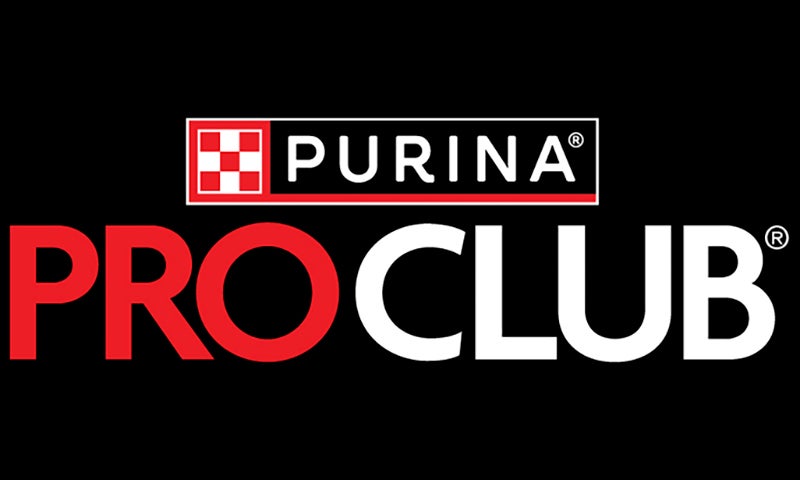Tips For Canine Comfort On The Road

Retriever trainer Jessie Richards focuses on her dogs’ comfort on the road as she prepares for the two-day, nearly 17-hour trek from winter camp in Boston, Georgia, to her Full Throttle Kennel in Campbellsport, Wisconsin. Keeping dogs cool, calm and relaxed is crucial when you are transporting 21 competition waterfowl and upland game hunters, she says. As you head out this summer to train or travel cross-country, consider these tips Richards shares about what works well with her Labrador Retrievers.
Beat the heat of summer:
You want to maximize air flow to dogs. Richards opens the louvers on her dog trailer giving each dog a source of air flow. She runs the fans on the top of the trailer, which sucks out warm air and keeps air flow moving in the dog kennels. When it is warmer than 85 degrees, she places bowls with ice chips in the corner of each dog kennel. If you are transporting fewer dogs, clip-on fans also are an option, she says.
A cushy ride pays off:
A long road trip is hard enough. Richards uses rubber mats to keep dogs off the floor of their stainless-steel kennels and padded cushions to add comfort. She avoids putting a wet dog in a travel kennel. If it’s raining, dry dogs with a towel or shammy and use a rubber mat in the kennel so condensation coming off their coats will drain away from the surface where they lie.
While en route to your destination:
About every five hours, take a break. Dogs need to stop bouncing in their kennels and air out. Choose a secluded spot away from other vehicles and people. A grassy location behind a building or on a cul-de-sac is ideal, Richards says.
Keep dogs hydrated on the road:
Getting dogs to drink as much water as they should when traveling can be challenging. Richards “floats” the dogs’ dry kibble in warm water, totally saturating the food, to aid hydration and digestion. Another benefit of soaking the food is that it forces dogs that eat too fast to slow down. Dogs will be thirsty about two hours after they eat, so it is important they have access to water, she says.
Promote tip-top immune function:
Travel can be stressful. Richards makes sure dogs are fully vaccinated and current on heartworm, flea and tick preventives. She also uses Purina Pro Plan Veterinary Supplements FortiFlora Canine Nutritional Supplement. This probiotic supplement, available in a packet or chewable tablet, contains a safe, effective strain of beneficial bacteria that promotes normal intestinal microflora. A healthy immune system goes a long way on the road, she says.
Dinnertime in transit:
Try to feed dogs as close as possible to their regular time when traveling. Performance dogs typically are fed one time a day after exercise, which allows time for digestion before working the next day. Richards stops while traveling to feed around 5 p.m., the regular feeding time for her retrievers, though dogs under 1 year old or those that require more than 4 ½ cups of food are fed two times a day.
Stopping for the night on a multiday trip:
Safety is important when your travel involves spending the night on the road. For starters, park the vehicle in a lighted area where you can see the dog trailer at all times. Additionally, every kennel, even storage areas, in Richards’ trailer is locked for security.
